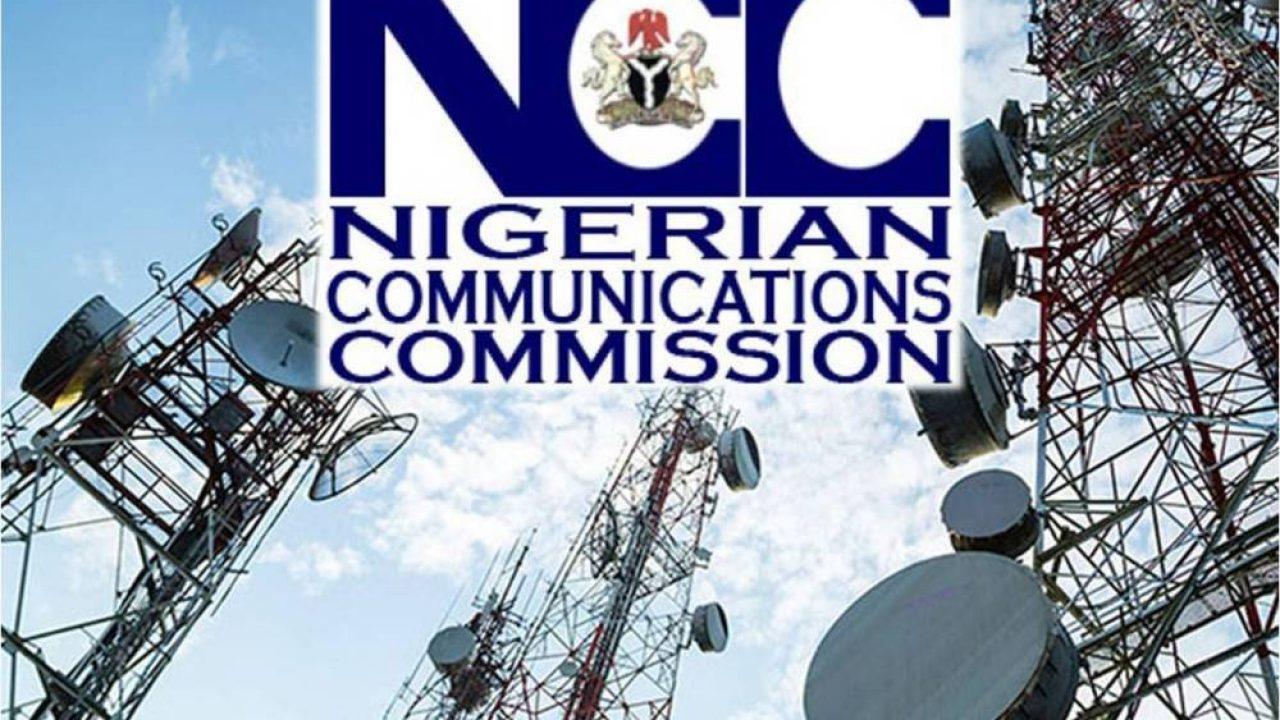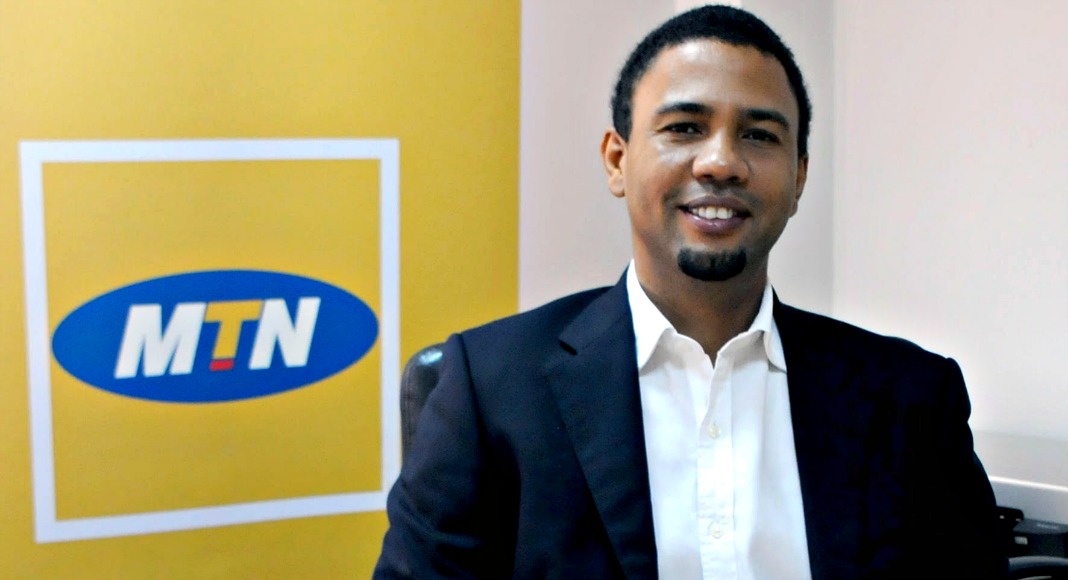The Nigerian Communications Commission (NCC) has set up an annual operating regulatory levy to ensure that all licenses were properly and equitably assessed to meet statutory and regulatory expectations.
This was disclosed by the Executive Vice-Chairman of the NCC, Professor Umar Danbatta, during the Public Inquiry on two regulatory instruments draft held on Thursday, in Abuja.
Danbatta explained that the two key regulatory instruments were tailored to meet the challenges and to further strengthen the market structure of the industry.
The instruments include the Annual Operating Regulations and the Frequency Spectrum Regulations, which fees and pricing fall under.
He said “The first instrument will bring the regulations in line with current realities and sustain the enviable contributions of the communications sector to the country’s Gross Domestic Product (GDP)
“The second instrument is a vehicle that enables the commission to meet its role and exclusive mandate in Section 121 of the Nigerian Communications Act 2003 by assigning this scarce national resource in an equitable manner. The regulations also ensure that frequency spectrum are assigned and managed in a way that ensures fair pricing and efficient deployment of attendant services. The public inquiry is precursor to the commission’s current drive to ensure efficiency in spectrum management and unveiling of next-generation services through varied enablers.”
Deploying 5G
The NCC Boss informed that the Commission had commenced the process of deploying Fifth Generation (5G) technology in Nigeria, which largely depended on the appropriate frequency spectrum.
With the explosion in technologies, Danbatta said there was also an attendant secondary reliance on different approaches to maximize frequency spectrum.
He noted that this led to the need for designation of several bands of frequency spectrum for communications services and a key illustration was the recent identification of some Spectrum frequencies for 5G deployment.
Professor Danbatta assured that the Commission was conscious of the expectations and the need to ensure that the required regulatory frameworks were in place to meet these challenges.
He noted that this had made the reviews, which the Commission was conducting an important milestone as the public inquiry is pushing the country to the front queue of this global efforts.
“We must be prepared on both ends of the industry to push the country forward for these remarkable changes; while the licensees continue to invest in deployment. The Commission will sustain its drive-by ensuring regulatory efficiency and excellence,” the NCC Boss restated
He expressed optimism that the review would ensure effective and efficient utilization of frequency spectrum and also ensure a fair approach to the management of finance in the industry in the near future.
Danbatta urged participants to make their contributions freely and raise issues that would assist the Commission in developing and issuing regulatory instruments that would continually contribute to the development of the industry and sustain its positive contributions to the nation’s economy.
Earlier, in her address, the Director, Legal and Regulatory Services of the Commission, Ms. Josephine Amuwa, said the objective of the public inquiry was to secure the buy-in of all stakeholders and ensure the efficiency of the regulatory instruments when implemented.
She explained that the Commission decided to review the Annual Operating Regulations 2014 and the Frequency Pricing Regulations 2004 to ensure that the regulatory instruments issued were abreast with developments in the industry.
According to Amuwa, the Annual Operating Levy Regulations review will look at the current licensing structure and ensure that all the spectra of licensees will be properly covered.
“Another key part of the review is to clarify and clearly outline the benchmarks for assessment. This will not only ensure regulatory certainty but further entrench transparency in the process. On the other hand, the review of the second regulation, the Frequency Spectrum (Fees and Pricing) Regulations is expected to provide more guidelines on the parameter for determination of proper fees and pricing of spectrum. This will also make adequate provisions for different spectrum licensing processes and their assessment parameters,” she explained.
Present at the event were the Executive Commissioner, Technical Standards, Engineer Ubale Maska, the Executive Commissioner Stakeholder Management, Mr. Adeleke Adewolu, Directors, Deputy and Assistant Directors as well as External Stakeholders.


 Naira4 weeks ago
Naira4 weeks ago
 Billionaire Watch4 weeks ago
Billionaire Watch4 weeks ago


 Naira4 weeks ago
Naira4 weeks ago


 Naira3 weeks ago
Naira3 weeks ago




 Naira3 weeks ago
Naira3 weeks ago




 Naira3 weeks ago
Naira3 weeks ago




 Naira2 weeks ago
Naira2 weeks ago
 Commodities3 weeks ago
Commodities3 weeks ago



















